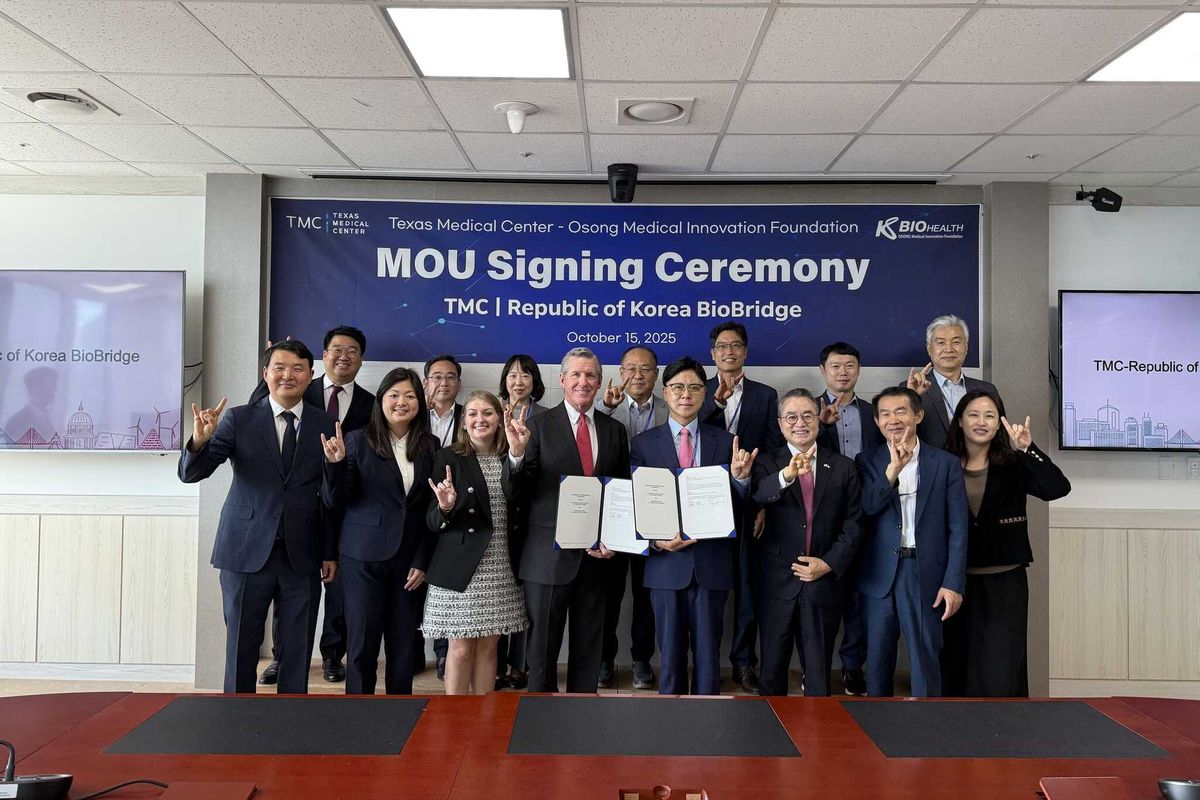Houston airport lands first coveted 5-star rating in North America
5-star skies
Houston travelers now have new bragging rights. William P. Hobby Airport has just scored a prestigious 5-Star Airport status in the Skytrax World Airport Star Rating for 2022. That makes Hobby the first airport in Texas, the U.S., and North America — and one of just 16 airports across the world to land the 5-star rating.
A little about this ranking: The Skytrax World Airport Star Rating is a global benchmark of quality evaluation for the aviation industry, a press release describes. All airports are rated between a 1-Star and 5-Star level after a detailed audit analysis of facilities and staff service to customers throughout all areas of front-line service.
In the new survey, Hobby soared in all 29 rating categories. The 5-Star Rating international Skytrax rating also highlighted the airport’s “wide range of substantial guest experience upgrades to the terminal interiors, passenger facilities, and customer service initiatives.”
Skytrax lauds recent Hobby improvements such as a new children’s play area, state-of-the-art restroom facilities, modern signage and information systems, a prayer room, and a new stage for live music performances.
Meanwhile, Houston’s other airport, George Bush Intercontinental, maintained its 4-Star rating for a fifth consecutive year, and boosted its score across the rating categories.
Houston Airports notes in a statement that construction continues to advance the international terminal redevelopment program, such as the planned Mickey Leland International Terminal, which aims to create two 5-star Houston airports.
“The entire Houston Airports team has worked tirelessly toward reaching this accomplishment at Hobby Airport,” Houston Airports director of aviation Mario Diaz said in a statement. “Providing the highest quality of customer service, exceptional amenities and cutting-edge facilities has earned us five stars at Hobby Airport and an improved 4-Star rating at Bush Airport, and now we owe it to our passengers to continue delivering excellence at every step of the airport experience.”
------
This article originally ran on CultureMap.





